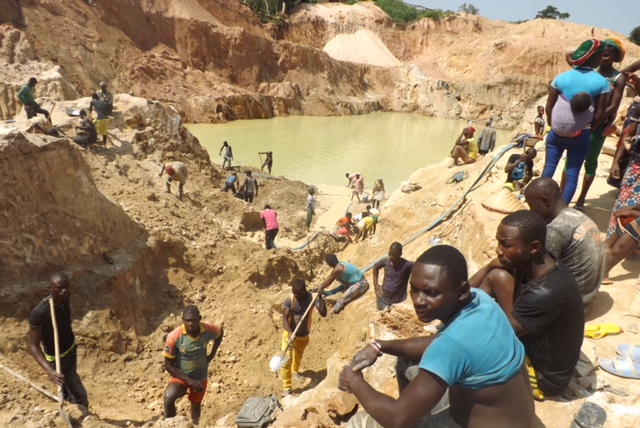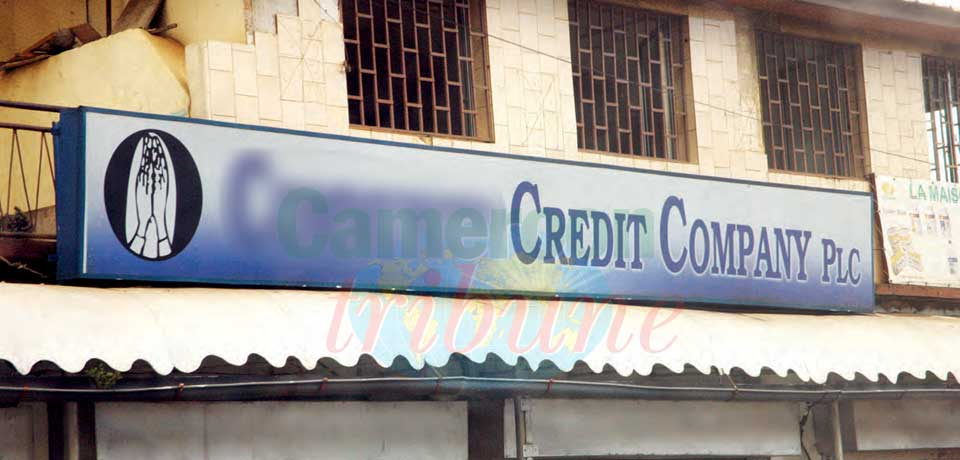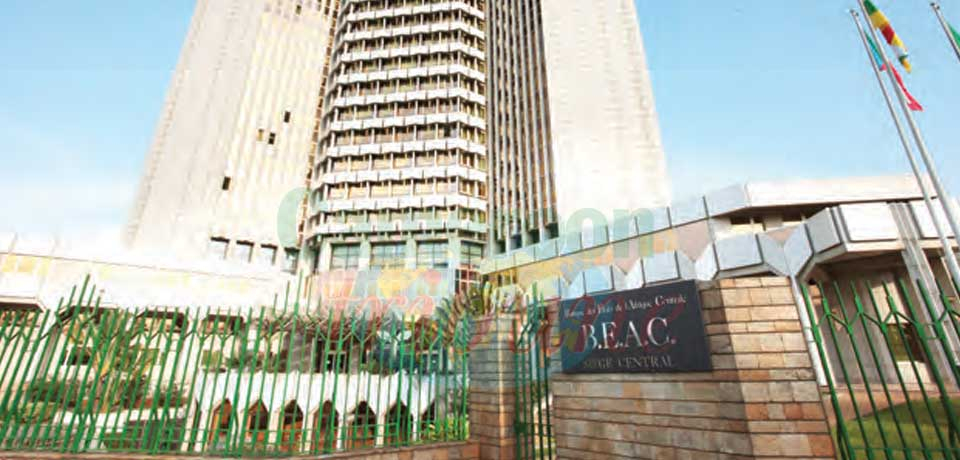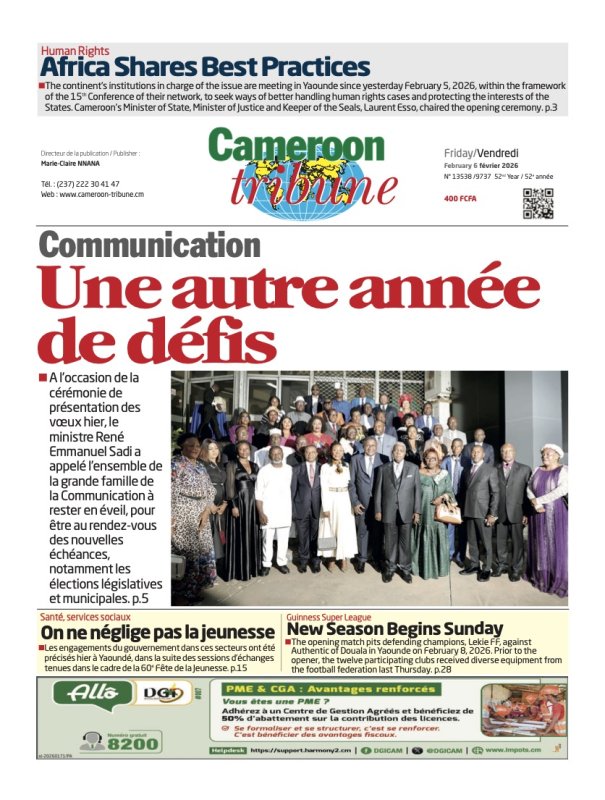Artisanal Mining : ProMESS Lives Up To Promise
- Par Kimeng Hilton
- 29 Aug 2023 18:25
- 0 Likes

Financed by the European Union, the project to improve governance in artisanal mining in the East and Adamawa Regions of Cameroon has in 8 years succeeded in raising awareness amongst stakeholders. With evident sustainability mechanisms to show.
Only 8 years ago – that is, in 2015 – the situation in artisanal gold mines in Cameroon’s East and Adamawa Regions, was, to say the least, dire. There was urgent need for a solution. A sustainable solution at that. “It was like no-man’s land! Everything went on, anybody did anything - unperturbed! Everyone was involved in illegal mining,” recalls Justin Landry Chekoua, Programme Manager for Mineral Governance with “Forets et Developpement Rural,” FODER - with a tinge of forlorn sadness.
ProMESS Promised Change
Irked by the situation, “Forets et Developpement Rural,” a non-profit environmental association, took up the gauntlet. And did a project – the “Projet mines, envronnement, santé, et societe,” ProMESS (or the Mining, environment, health, society) project. Counting on its years of experience in forest governance since foundation in 2002, FODER in 2015 secured funding for ProMESS from the European Union. First, for a four-year phase from 2015-2019. And later, for the second phase from 2019-2023.
Initial Challenges
“The first challenge was to get the State to regulate mining. The second was for artisanal miners to operate formally by respecting the law - obtaining artisanal miners’ cards and licenses, setting up miners’ cooperatives and adopting good practices,” Chekoua explains. The third major challenge ProMESS faced was to ensure that artisanal miners diversified their source of income.
Training, Training…
Some 8 years on, ProMESS project has lived up to its promise – to the donor, the State of Cameroon, beneficiaries and other stakeholders. “We built the capacity of staff of the Ministry of Mines and Technological Development, the Ministry of Environment, Nature Protection and Sustainable Development, and CAPAM (the now defunct State-run mining overnight body) on how to follow up semi-mechanized artisanal and artisanal mining activities, especially environmental aspects,” Justin notes.
Independent Monitoring
Journalists were trained on mining governance, communication and advocacy. While stakeholder communities received training on their rights in mining sites. Like how to independently monitor mining activities in their communities and report abuses and violations of the law.
Organized Into Cooperatives
Miners, who hitherto operated informally, were sensitized, trained and assisted to set up 14 artisanal miners’ cooperatives in the East and Adamawa Regions. “We assisted artisanal miners to obtain miners’ cards and mining licenses. Today, about 200 artisanal miners in the two regions own miners’ cards. At the beginning of the project, only 10 owned such cards in the two regions!” Justin Landry remembers with a grin of self-fulfillment.
Hiccups With Licenses
However, the project was not so successful in its bid to obtain 10 artisanal mining licenses or concessions for miners’ cooperatives. “The documents were compiled and submitted for an initial number of four miners’ cooperatives. But there have delays in the Ministry of Mines and Technological Development. This is no longer our responsibility. We did our best!” Chekoua notes with regret.
Health, Safety In Mines
Nevertheless, ProMESS trained and retrained miners on health and safety in artisanal mines. And also offered work safety equipment to formal artisanal miners. “The project did much on child labour, sensitizing and organizing mining communities to send school dropouts back to classrooms. Between 3,000 and 4,000 former school dropouts in mining communities were returned to class."
Assuring Education
Similarly, four Parent Teacher Association, PTA schools were created in mining communities where there were no schools before. The schools were equipped with benches and undertakings signed with artisanal miners, forbidding child labour in mines during school time.
Income Diversification
On diversifying sources of income, the project trained artisanal miners in improved cassava, banana and plantain farming. “The farmers have since cultivated at least 10 hectares of banana and plantain, especially in Meiganga area of Adamawa Region. Thanks to the project, banana and plantain farming has been introduced in the zone. We also brought in improved cassava varieties, which are now cultivated in three villages in Meiganga,” Justin Landry says with an air of accomplishment.
Sweet, Sweet Honey!
Artisanal miners were also trained in bee farming. They have so far harvested at least 400 litres of quality honey. While journalists received training, enabling them to produce...
Cet article complet est réservé aux abonnés
Déjà abonné ? Identifiez-vous >
Accédez en illimité à Cameroon Tribune Digital à partir de 26250 FCFA
Je M'abonne1 minute suffit pour vous abonner à Cameroon Tribune Digital !
- Votre numéro spécial cameroon-tribune en version numérique
- Des encarts
- Des appels d'offres exclusives
- D'avant-première (accès 24h avant la publication)
- Des éditions consultables sur tous supports (smartphone, tablettes, PC)














Commentaires